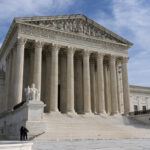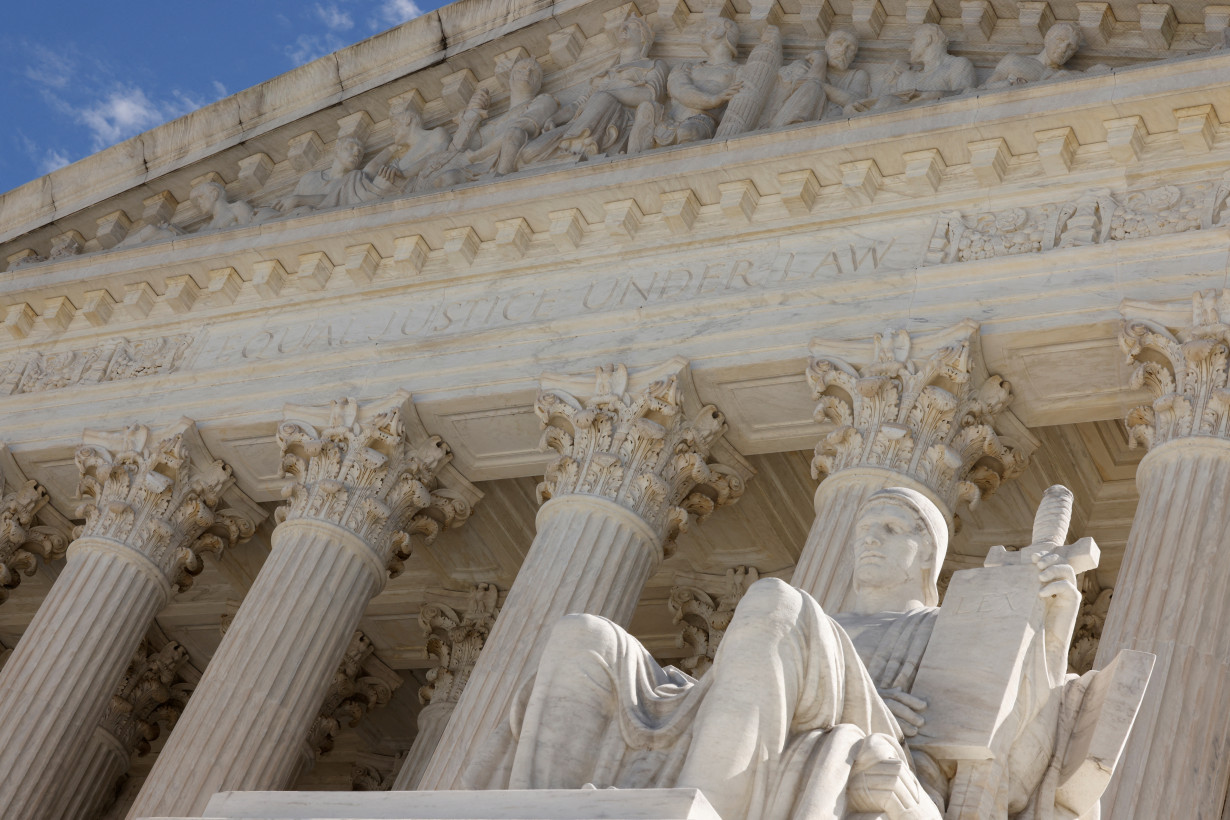By John Kruzel
WASHINGTON (Reuters) - The U.S. Supreme Court is set on Tuesday to hear a challenge to the funding structure of the Consumer Financial Protection Bureau (CFPB), a consumer watchdog established after the 2008 global financial crisis, in the first of several cases during its new term that could curb the power of federal agencies.
President Joe Biden's administration is appealing a lower court's ruling that found that the CFPB's funding design - drawing money each year from the Federal Reserve instead of from budgets passed by lawmakers - violates a constitutional provision giving Congress the power of the purse.
The challengers are trade groups representing the high-interest payday loan industry whose 2018 lawsuit took aim at a CFPB rule that stops lenders from trying to charge a borrower's bank account after two unsuccessful attempts in a row due to insufficient funds.
The agency's supporters have urged the justices to uphold the CFPB's funding mechanism, saying that a ruling against the agency would leave consumers vulnerable to deceptive and abusive practices, and could place its existing rules on shaky legal ground.
The CFPB was established by Democratic-backed legislation signed by former President Barack Obama in 2010 to curb predatory lending following the financial crisis. The agency has delivered $16 billion of relief to American consumers as a result of the agency's 300-plus enforcement actions from 2012-22 including a $3.7 billion settlement last year with Wells Fargo.
Many conservatives and their Republican allies have long opposed the CFPB, which critics see as part of an unwieldy "administrative state," the network of administrative agencies responsible for the array of federal regulations that affect businesses and individuals.
The Biden administration is appealing a decision by the New Orleans-based 5th U.S. Circuit Court of Appeals, which last October ruled that the CFPB's funding structure violated a provision of the constitution that gives Congress the power of the purse. The decision also invalidated the specific regulation at issue.
The Supreme Court's 6-3 conservative majority has rolled back the power of federal agencies including the Environmental Protection Agency in important rulings in recent years.
The justices are hearing the case on the second day of their new nine-month term.
(Reporting by John Kruzel; Editing by Will Dunham)

 German economy, Europe’s largest, shrinks for second straight year
German economy, Europe’s largest, shrinks for second straight year
 Supreme Court will hear Texas anti-pornography law that challengers say violates free-speech rights
Supreme Court will hear Texas anti-pornography law that challengers say violates free-speech rights
 Yellen defends COVID spending, says it saved millions from losing jobs
Yellen defends COVID spending, says it saved millions from losing jobs
 Comoros ruling party wins parliamentary elections, opposition rejects results
Comoros ruling party wins parliamentary elections, opposition rejects results
 Sweden seeks to change constitution to be able to revoke citizenships
Sweden seeks to change constitution to be able to revoke citizenships
 US inflation likely remained elevated last month, threatening interest rate cuts
US inflation likely remained elevated last month, threatening interest rate cuts
 Coors Light is changing its name
Coors Light is changing its name
 Tiger Woods’ son Charlie chuckles while watching his dad suffer heavy defeat in TGL debut
Tiger Woods’ son Charlie chuckles while watching his dad suffer heavy defeat in TGL debut
 Bayern Munich signs US youngster Bajung Darboe from LAFC
Bayern Munich signs US youngster Bajung Darboe from LAFC








